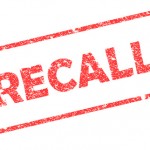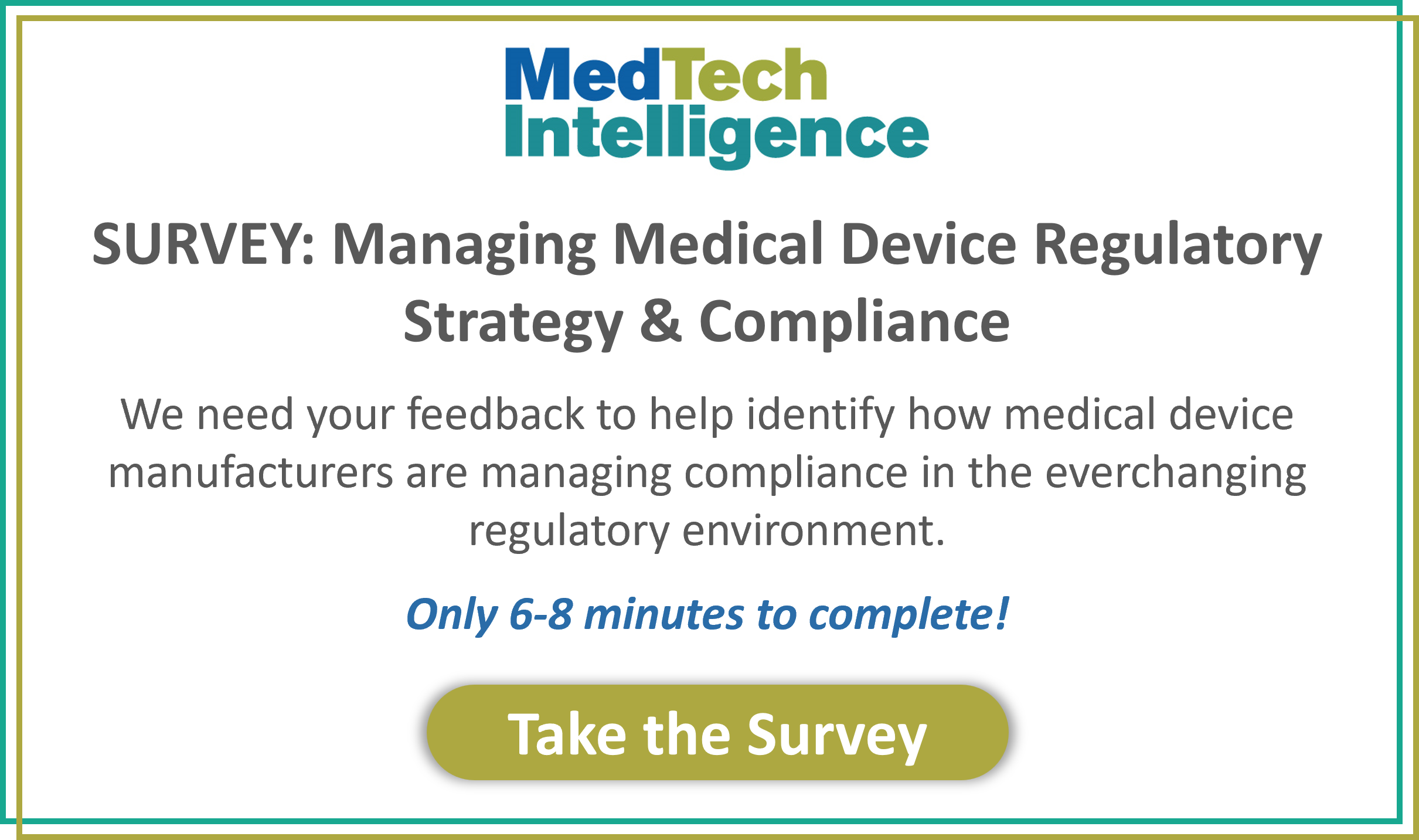From food to consumer goods to medical devices, it’s an unfortunate fact that several industries deal with recalls as a result of the presence of tainted, defective, mislabeled, malfunctioning or dangerous products in the marketplace. In the device industry, the word “recall” isn’t taken lightly, but some organizations suffer from recall fatigue due to the sheer volume of recalls that can occur on a daily or weekly basis. This can cause an organization to overlook or not respond to a recall in an appropriate manner.
While it may seem obvious, establishing a comprehensive and up-to-date recall plan well in advance can be one of the most effective ways to combat recall fatigue. The plan should address all the different aspects of a recall, which, according to Chris Harvey, director of recall solutions at Stericycle, includes the approach for sending out notifications to FDA, customers, press releases, and financial markets; internal and external communication strategies; how the product will be handled; and the recall team itself, which should be made up of various departments and led by a recall coordinator who assigns and monitors the actions during the recall.
Having a complete recall plan pre-incident is critical, but actually testing it by conducting mock recalls is just as important. The process can help the team identify gaps and deficiencies within their current process. It will also help familiarize the company and recall team with how to actually execute the recall. “You don’t want your company to dust off a recall plan or be unfamiliar with what they need to do, because you don’t have a lot of time to move [during a recall],” says Harvey.
 |
Chris Harvey will be speaking at the MedTech Intelligence conference: HHE, Benefit-Risk, and Recalls in Washington, D.C., May 17–18, 2017 | Attend in person or via webcast | LEARN MORE |
Common Recall Challenges
Does a company want to be known for handling recalls really well? Not necessarily, but at the same time, being adept at dealing with one is crucial to brand reputation and, above all, protecting patients. A device company needs to understand its capacity and infrastructure to manage a recall in-house versus whether it needs to seek outside help, says Harvey. “If you’re dealing with a large recall that could get a lot of media attention, you need assistance with a contact center or website, because the last thing you want is for your phone number to ring busy or your website to go down, and patients or customers who need the information can’t access it.”
Data. Tracking data is an important part of the recall lifecycle process. How are you collecting data? What is your process for disclosing the data to FDA?
Special requirements. In some cases, a recall involves a particular defective component. Are you aware of the regulations surrounding the component? Harvey uses the example of a defective lithium ion battery, the shipping of which has special packaging and labeling requirements due to Department of Transportation regulations. Being cognizant of any special regulations or requirements involving product components will avoid delays when executing a recall.
The supply chain. “Retailers and hospitals are dealing with a lot of recalls on a daily and weekly basis, so it’s important to understand how they handle recalls as a measure for recall fatigue,” says Harvey. Make the process as easy as possible for hospitals by using clear messaging to identify recalled products and the action items that must be taken. “A lot of times we see very complex notification letters, and hospitals that deal with a lot of recalls are just sweeping inventory. So, anything with that product code might be swept from the shelves and sent back [to the manufacturer] regardless of whether it’s lot- or serial-specific just because they don’t have the time or they’re nervous about the liability of leaving affected product on their shelves.”
Resources. Handling a recall can pose a challenge to manufacturers that don’t have a designated recall coordinator. “When some manufacturers have an issue, they identify someone with a normal day job who may be best fitted to be the recall coordinator,” says Harvey. “Occasionally they don’t have a lot of experience or knowledge in how to execute a recall, and at times they may execute an ineffective recall because they don’t have the infrastructure or resources to get notifications out fast enough, document them, follow up on responses, and do effectiveness checks.”
Communication with FDA
With many processes that involve FDA, communication is always an important practice. Harvey advises that companies familiarize themselves with their FDA district coordinate before an issue occurs. Identify him or her, and then make the phone call. Establish a relationship so that you know exactly what the agency will be looking for and what questions it will be asking in the event of a recall. What are the reporting requirements for device manufacturers? (This can be found under 21 CFR 806, and manufacturers are required to report to FDA within 10 days of taking recall action). Harvey also recommends giving FDA a copy of your communication plan with the objective of getting feedback from the agency (they can provide valuable insights on whether you’re overlooking anything).
Monitoring Recall Effectiveness
Monitoring the effectiveness of a recall all comes down to having good data and making sure that there’s a system in place to effectively capture and report it, says Harvey. With all the different steps during a recall (sending out notifications, collecting responses through a call center, website or reply form, collecting product back, and doing remedy management), there are several data points. “FDA requires manufacturers to submit progress reports typically on a monthly basis,” says Harvey. “You should always have a good idea of where you stand with the effectiveness of the recall.” Some tips include having good documentation, especially around the status of notifications (monitoring parties that have or have not responded to a recall, and then placing outbound calls to non-responders); and performing on-site effectiveness checks by going into hospitals or retailers to ensure recalled product isn’t still on the shelves.
Closing the Loop: Brand Protection
Protecting the company brand is at the center of the recall. An awareness of the following surrounding elements will help companies during a recall:
- Regulatory responsibilities
- Public relations
- Legal representation
- Recall readiness
“Public relations is key, especially if you have over-the-counter products or devices that media could get a hold of—you want to make sure you manage that and understand the different nuances with social media that can complicate recalls,” says Harvey. “Last is recall readiness: Having the recall plan and team, and testing the plan to make sure that if you have a recall, your company can effectively manage it.”








